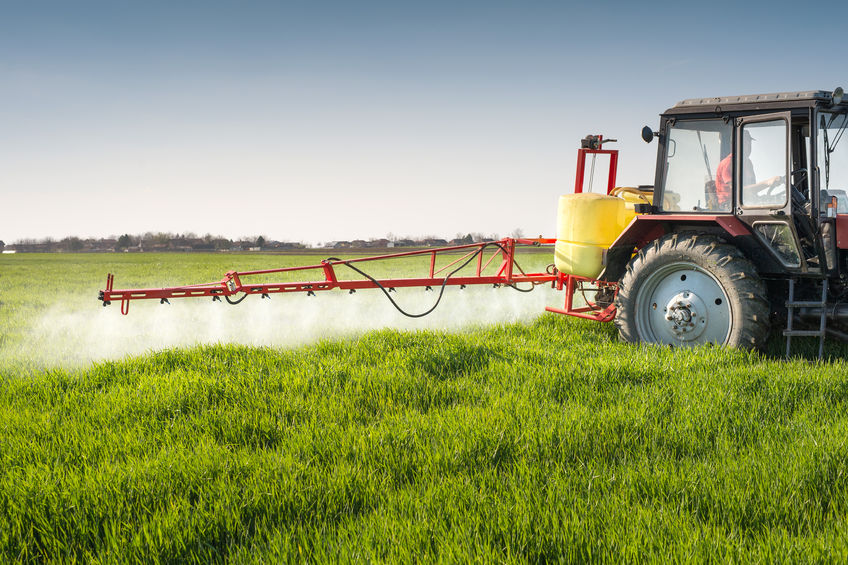
The European Parliament has voted in favour of re-authorising the use of glyphosate, but have limited this approval to seven years.
Glyphosate’s current European license was set to expire in June, but following today’s vote, it has been granted authorisation until 2023.
Nearly 700 MEPs voted on the licensing of glyphosate and the vote was passed by 374 votes in favor to 225 votes against.
The NFU is pleased with the result, following intense discussions on the importance of the herbicide between the NFU President and MEPs in Strasbourg and letters sent to MEPs from the farming community.
Last minute amendments to the resolution, lobbied for by the NFU and adopted in the European Parliament, provide a clear mandate for the European Commission and member states to proceed with the re-authorisation of the active substance glyphosate.
Welcomed news
NFU President Meurig Raymond said: "The result of this vote is very welcome news.
"It’s fundamental that the agricultural sector is able to use glyphosate responsibly in order to produce healthy products across the sector entering the food chain, reduce our greenhouse gas emissions and continue to farm sustainably.
"We prioritised meeting with MEPs ahead of the vote in Strasbourg this week to make absolutely sure that they are aware of the importance of glyphosate for farming and adding balance to any skewed views on the issue.
"This work was strengthened by the many letters from farmers to their local MEPs, and I thank those who took the time to do so.
"We were in grave danger of the debate ignoring the impacts this would have had on farms across the UK and Europe and being hijacked by wider political motives.
"It’s absolutely vital that policy is led by the most up to date scientific evidence out there.
"I’m glad we’ve seen evidence of this today."
In March of this year, Environment Committee MEPs said that the European Commission should not renew glyphosate’s authorisation.
The Environment Committee called on the European Commission to carry out an independent review of the herbicide and disclose all the related scientific evidence on the potential impacts of the herbicide.
However, scientific opinion on glyphosate is divided.
Critics say 'dramatic blow to glyphosate'
The Soil Association claimed a victory today in the campaign to stop glyphosate being sprayed on wheat before it makes its way to British bread.
The Soil Association’s Not in my Bread campaign has been calling for a UK ban on the use of Glyphosate on wheat as a pre-harvest weedkiller as a way to kill the crop to ripen it faster, since last year
Peter Melchett policy director of the Soil Association said: "Just a few months ago everyone assumed that glyphosate would sail through reauthorisation in the EU without any problems.
"The decisions by the parliament today are a dramatic blow, not just to the future use of glyphosate but to the pesticide industry generally."
What is glyphosate?
Glyphosate is an active substance widely used in herbicides.
Patented in the early 1970s, it was introduced to the consumer market in 1974 as a broad-spectrum herbicide and quickly became a best seller.
Since its patent expired in 2000, glyphosate has been marketed by various companies and several hundred plant protection products containing glyphosate are currently registered in Europe for use on crops.
